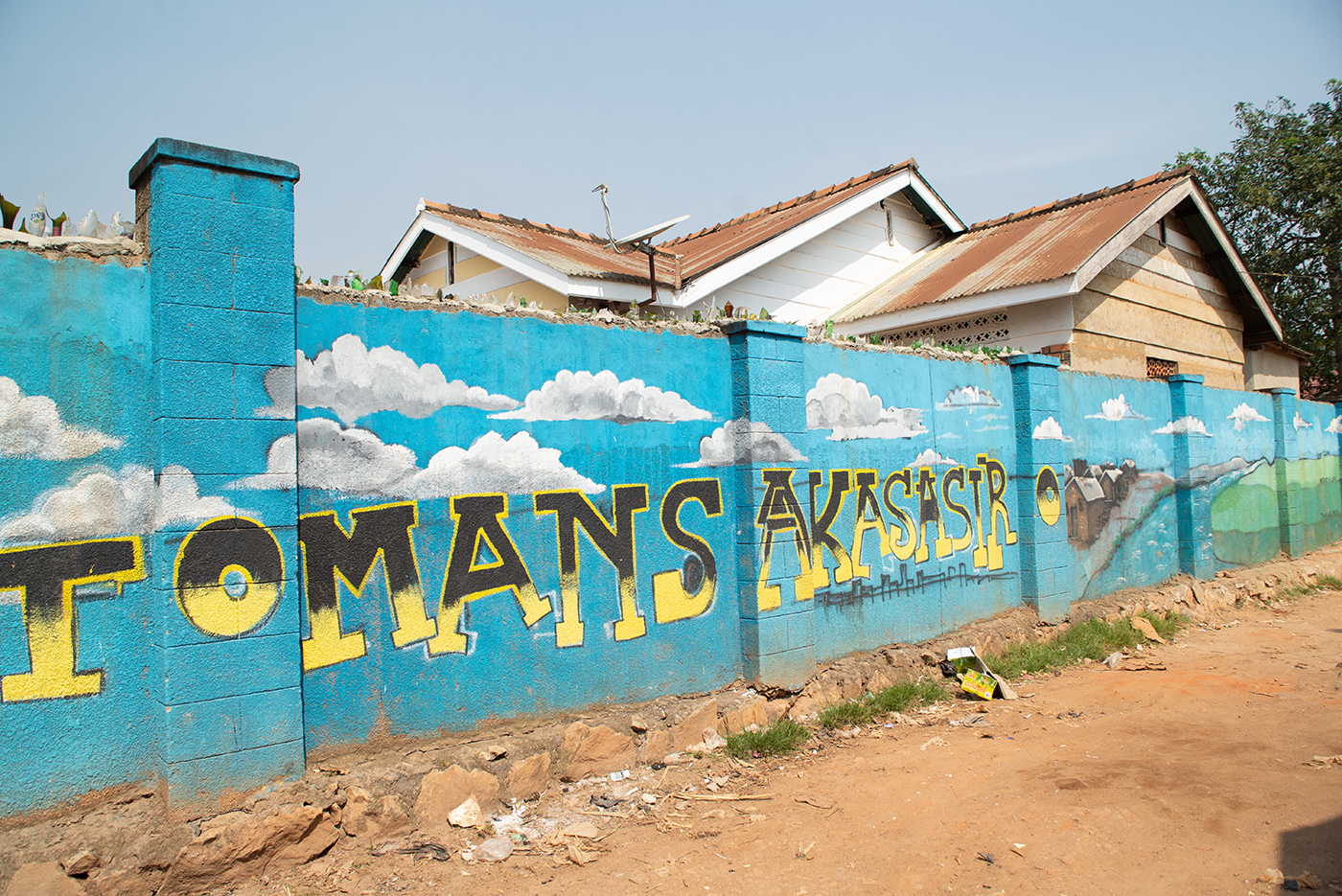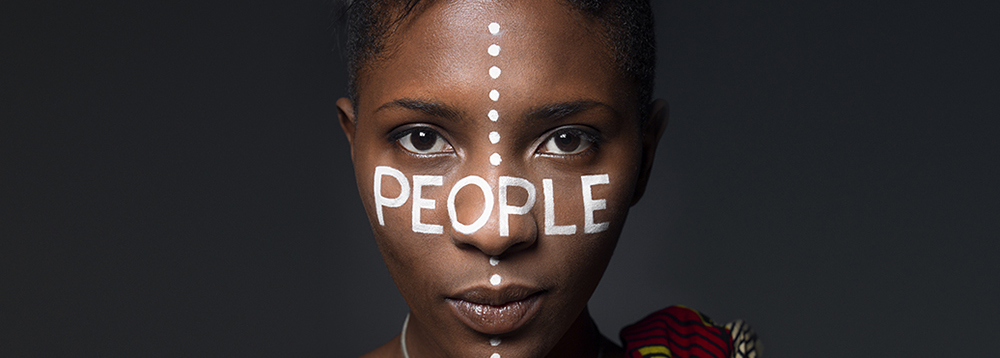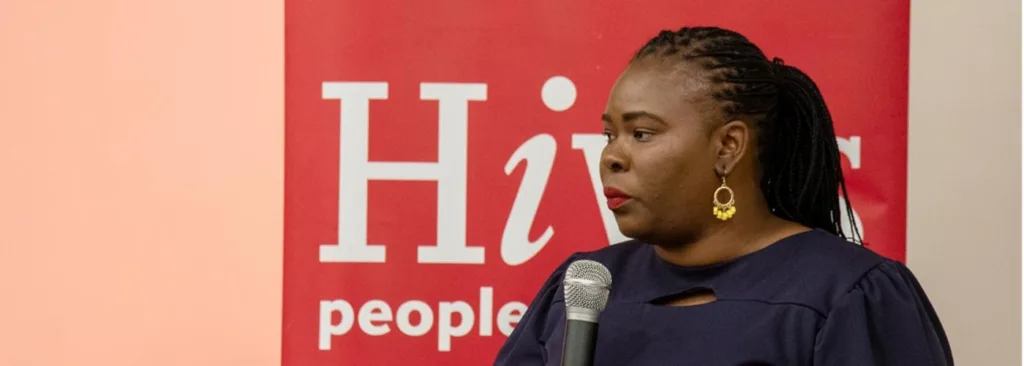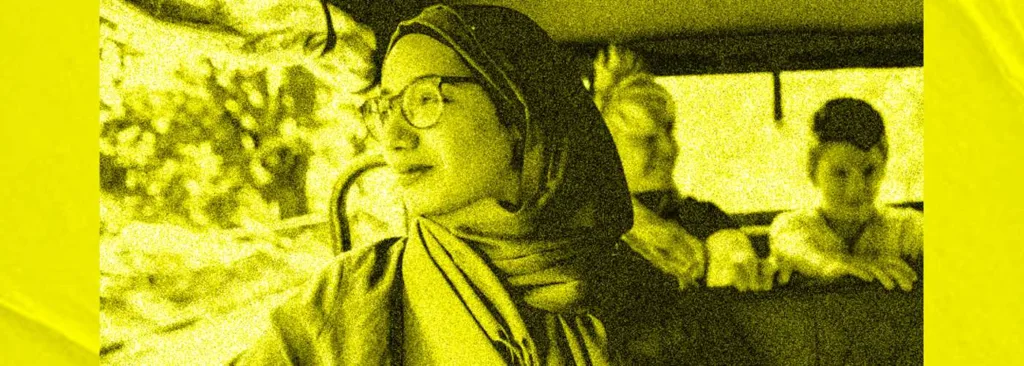Data art is a tremendous tool for freedom of expression. Pollicy, knows its power all too well particularly in shaping how governments interact with citizens.
Delivery of essential social services in sub- Saharan Africa has faced significant challenges particularly when it comes to provision of clean water, sanitation, and health care amongst others. Citizens in informal settlements have borne the brunt of having to contend with poor sanitary conditions and lack of water.
Birthing a data culture
Worse still, citizens have often lacked accountability and redress mechanisms that they can use to freely express themselves to demand for good governance and also give feedback to political leaders on government’s provision of social services.
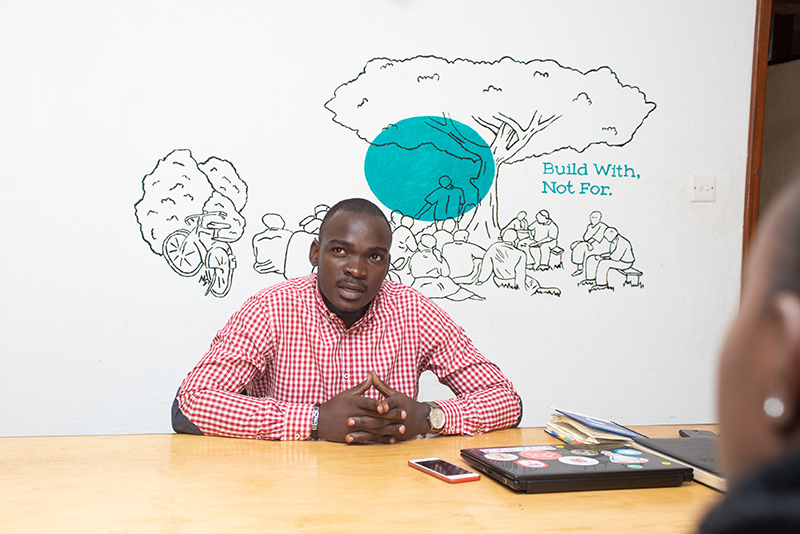
In Uganda, Pollicy has been on the frontline of working with the government and civil society organizations to harness data and technology to improve public service delivery.
As a team of data enthusiasts, techies, researchers and storytellers, Pollicy has been keen on influencing people to use data for good and improve the quality of life through information sharing.
Create your Kampala
Through the campaign: Create your Kampala supported by Hivos East Africa, Pollicy has championed civic engagement between citizens in informal settlements such as Makindye, Kawempe and Nakawa and the government to bridge the feedback gap particularly when it comes to provision and access to essential social services such as water and sanitation.
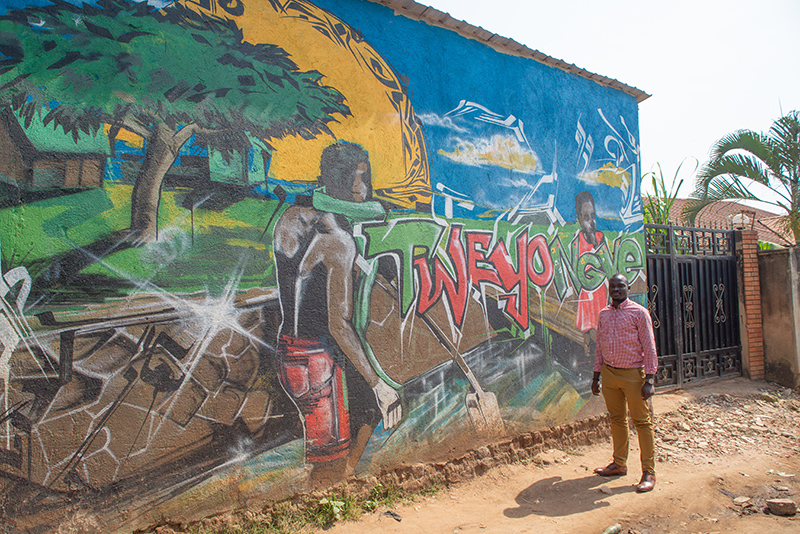
Create your Kampala features platforms such as data clubs where academia, citizens and government are trained on the importance of data in enhancing good governance. From the data clubs, crucial data on vulnerable populations is harnessed and shared with the relevant authorities for urgent mitigation and future planning.
Pollicy’s Community Engagement Lead, Phillip Ayazika has been on the forefront of influencing community artists to undertake graffiti campaigns, which have been crucial alternative spaces of expression for citizens visually illustrating how their ideal city should look like.
Create your Kampala is about citizens appreciating the power of data in influencing planning, decision-making in service delivery and their critical role in the entire process using their voices
Civic rights to demand for accountability
The campaign has been a game changer in empowering citizens to use their civic duty to hold political leaders to account in delivering their constitutional mandate.
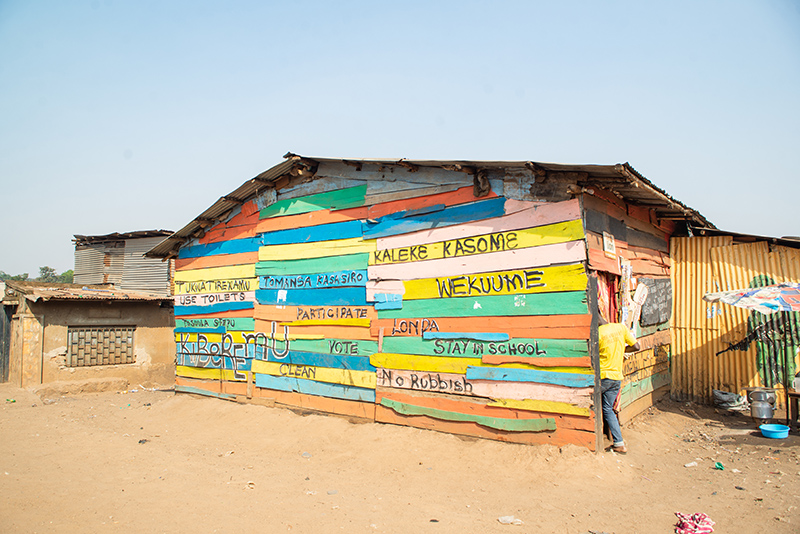
Backed by evidence-based research, the campaign has been able to unearth citizen’s general dissatisfaction with services such as health centers being insufficiently equipped with drugs, the lengthy process of applying for a passport and the general state of sanitation in informal settlements in Kampala.
Local government administration officials from the municipality have also played a critical in the active community dialogue process with citizens to respond to urgent issues such as poor sanitation, poor road networks and environmental degradation.
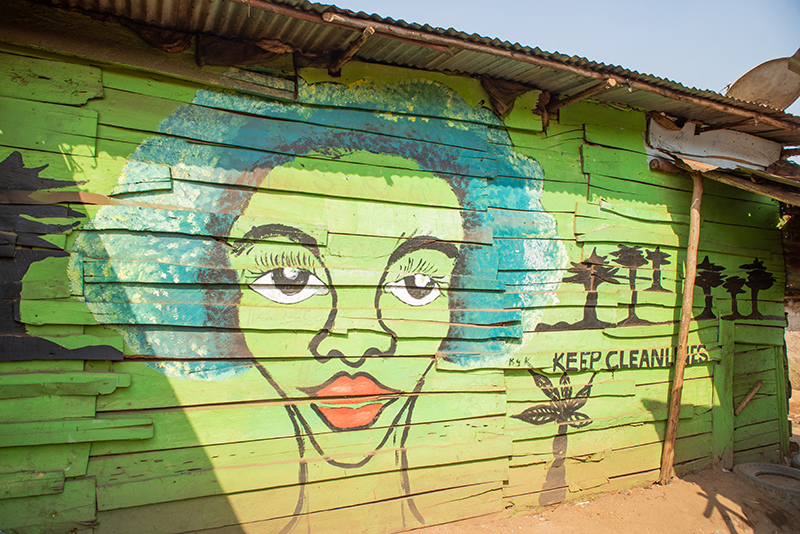
Data and technology in its immense forms has been the greatest win for Pollicy. Realizing that a non-existent data culture has exacerbated decision-making without data has fueled their quest in creating an ecosystem of empowering citizens to access and use data to enrich the governance process.
About R.O.O.M
Hivos East Africa’s Resource of Open Minds Program (R.O.O.M) supports the creative work of a new generation of artists, makers, musicians and critical content producers around the world who strive for openness and lead the resistance to shrinking civic space. R.O.O.M. provides financial support for the production of work and safe online and offline environments where they can create alternative narratives, question the status quo and imagine new realities through their practice.

